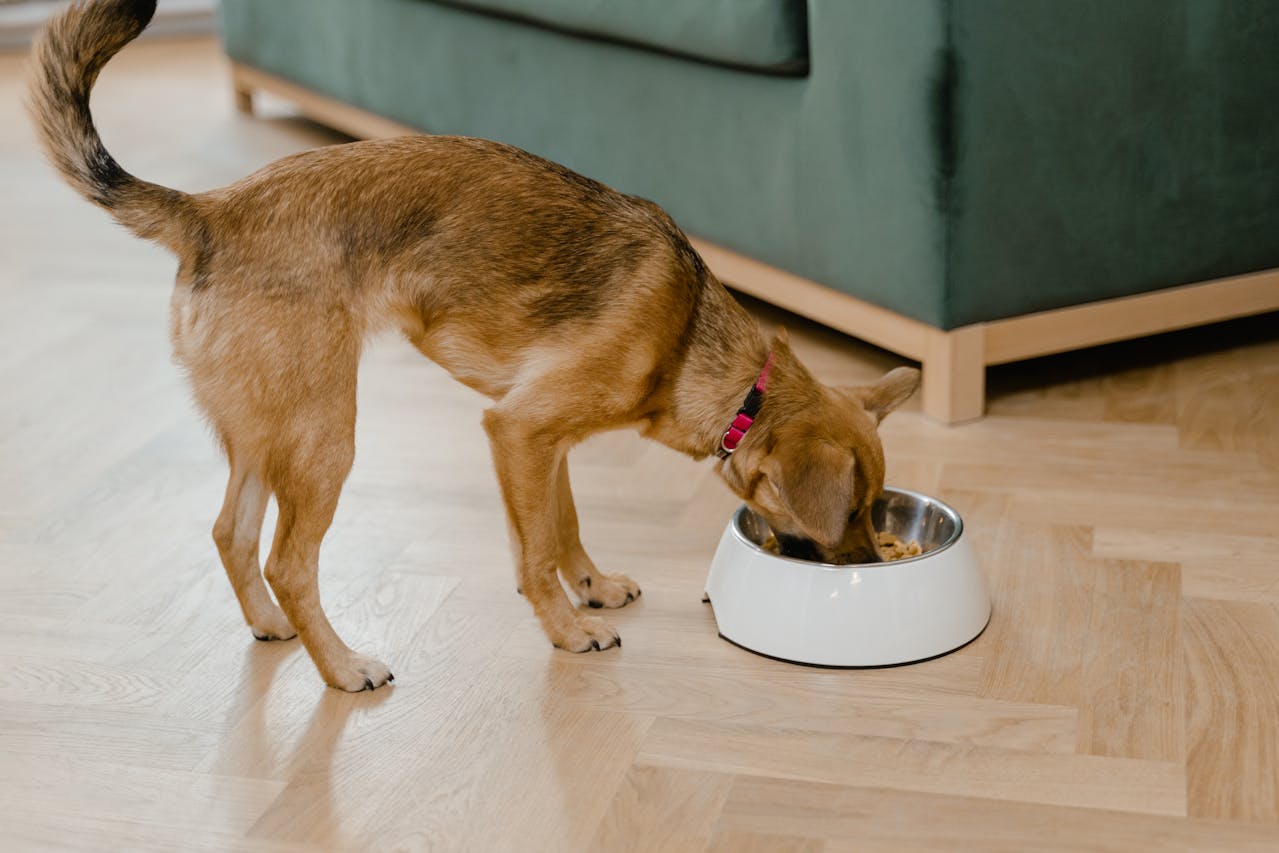In the quest to ensure our furry companions lead healthy and vibrant lives, pet owners often explore the potential benefits of incorporating dietary supplements into their daily regime. Given the vast array of supplements on the market, tailoring the perfect nutritional plan for your pet can seem like a daunting task. However, with a sprinkle of knowledge and a dash of dedication, you can enhance your pet’s diet in a way that supports their well-being, focusing particularly on areas like a dog’s digestive health.
Understanding Your Pet’s Needs
Before diving into the world of supplements, it’s crucial to understand your pet’s specific needs. Factors such as age, breed, activity level, and existing health conditions play a significant role in determining the right supplements. Consulting with a veterinarian can provide insights into your pet’s unique nutritional requirements, helping to craft a tailored approach that complements their diet effectively.
The Significance of Quality
Not all supplements are created equal – the quality of ingredients and the manufacturing processes can vastly impact the efficacy of a supplement. Look for products that are transparent about their ingredients, sourcing, and have undergone third-party testing. Certifications from reputable organisations can also serve as a mark of quality, ensuring that the supplements meet stringent standards.
Gradual Integration
When introducing supplements into your pet’s diet, patience is key; a gradual approach allows your pet’s system to adjust without causing undue stress or discomfort. Start with a small dose, below the recommended amount, and slowly increase to the full dosage over a week or more. This method helps to minimise potential digestive issues and allows you to monitor your pet’s reaction to the new supplement.
Monitoring and Adjusting
Observation plays a crucial role in the successful integration of supplements too, so be sure to keep a keen eye on your pet’s response, watching for positive changes in energy levels, coat health, and overall vitality. However, it’s equally important to be vigilant for any adverse reactions, such as allergies or digestive upset. Regular check-ins with your veterinarian can help assess the supplement’s impact and adjust the regimen as needed.
Balancing with Diet
Supplements should complement, not replace, a balanced diet. Ensuring that your pet receives a nutritious, well-rounded diet is fundamental. Supplements can fill nutritional gaps or offer additional support in areas like digestive health, but they work best in conjunction with a healthy diet tailored to your pet’s specific needs.
The Role of Probiotics
Focusing on digestive health, probiotics emerge as a standout supplement for many pets. These beneficial bacteria support a healthy gut microbiome, which is essential for digestion, nutrient absorption, and immune function. Incorporating a probiotic supplement can aid in maintaining a dog’s digestive health, fostering a foundation for overall health and well-being.
In Conclusion
The journey to enhance your pet’s diet with supplements is a rewarding endeavour that can contribute significantly to their health and happiness. By prioritising quality, tailoring to your pet’s needs, and integrating supplements with care, you’re taking meaningful steps toward supporting their optimal well-being. Remember, a healthy pet is a happy pet, and by focusing on elements like digestive health, you’re setting the stage for a thriving life together.

